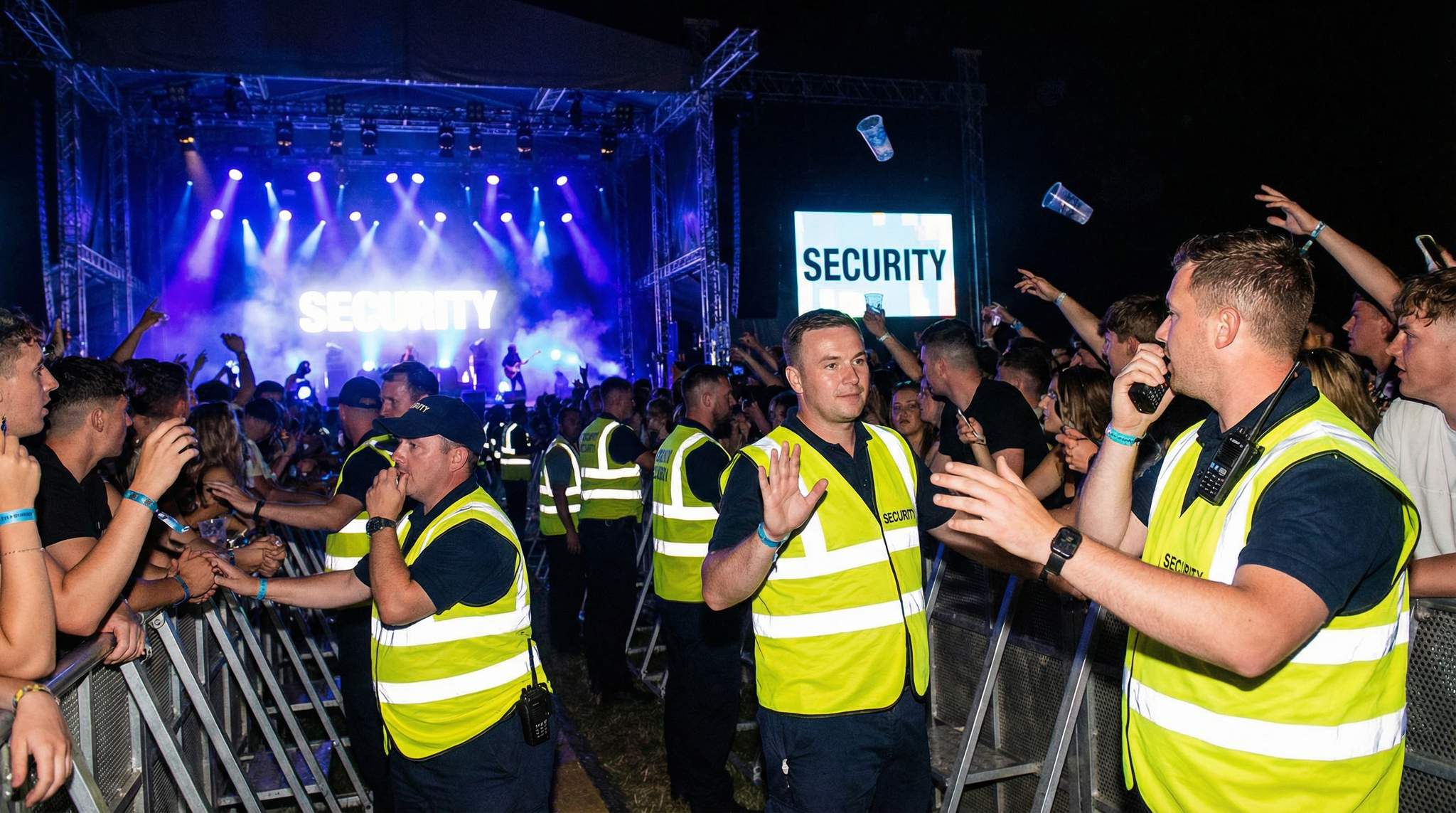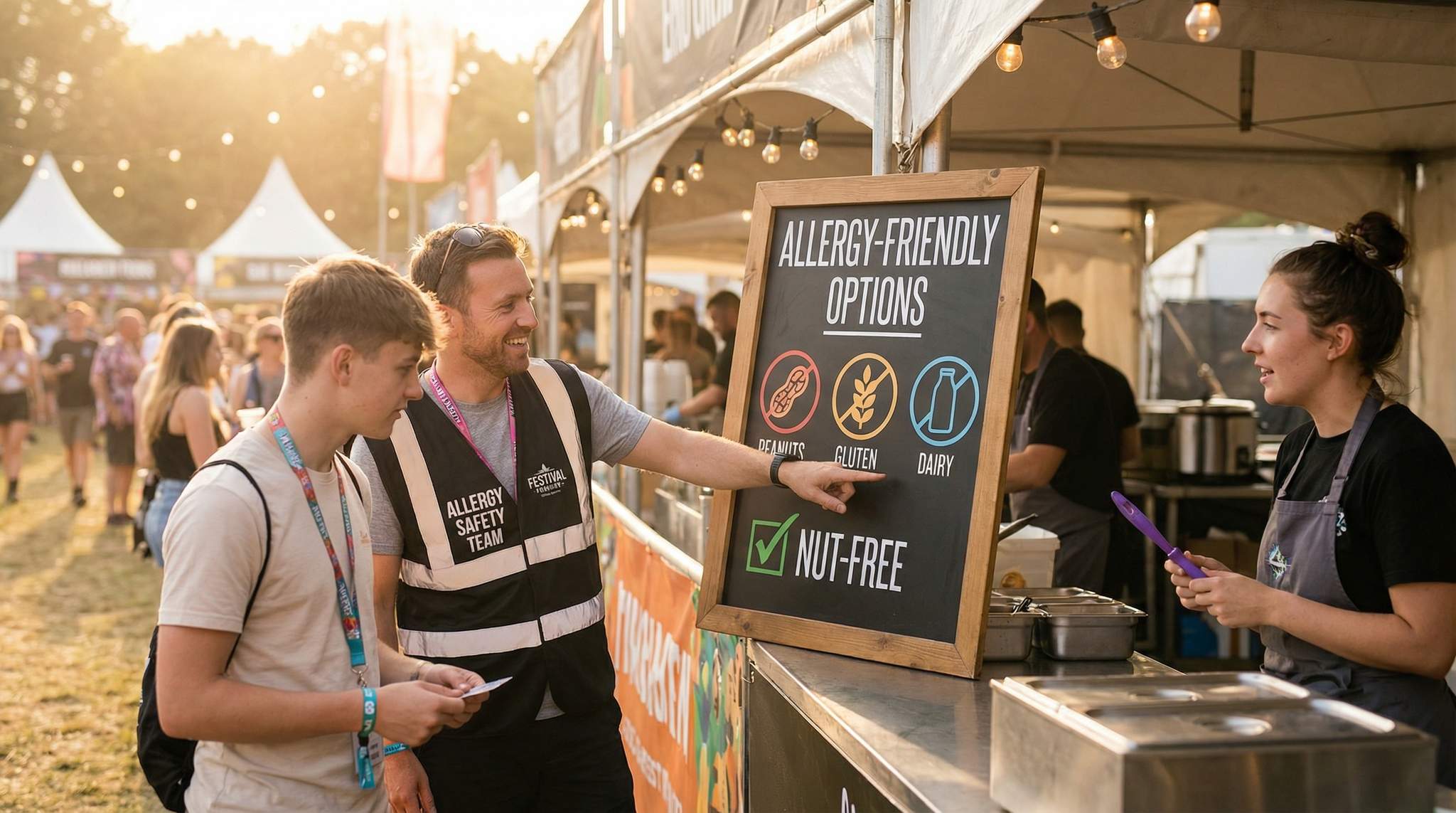When a festival invites performers or speakers from overseas, meticulous planning becomes essential. International talent introduces additional logistical challenges beyond the usual event preparation. Organizers must coordinate travel across time zones, navigate visa and work permit regulations, arrange accommodations, and ensure cultural sensitivities are respected. This extra effort not only ensures a smooth experience for the artists, but also protects the festival’s schedule and reputation. Seasoned festival producers stress that early preparation and attention to detail are key when working with global talent.
Coordinating International Travel Itineraries
Bringing in talent from abroad means handling complex travel arrangements. Flights, layovers, and ground transport all have to sync with the festival schedule. A veteran festival organizer ensures travel itineraries are planned well in advance, considering factors like flight duration, time zone differences, and potential delays. Buffer time is built in so that if a flight is missed or delayed, the performer can still arrive before showtime.
- Advance Booking & Flexibility: Book flights early to secure reasonable fares and preferred routes. Whenever possible, allow flexible tickets or a day or two of buffer around the performance date, which provides wiggle room for unexpected delays.
- Local Transportation: Arrange airport pickups and local transportation for international guests. Having a car service or staff member greet the artist on arrival helps them navigate a new country with ease. It also demonstrates professional hospitality right from the start.
- Scheduling for Rest: Account for jet lag and travel fatigue. If an artist is flying in from halfway around the world, it’s wise to schedule their performance at least a full day after arrival. This gives them time to rest, adjust to the local time, and be at their best on stage.
- Equipment and Gear Transport: If the talent is traveling with instruments, technical gear, or special props, plan for the proper transport and customs clearance of those items. This might involve arranging cargo shipping or extra baggage for flights, and obtaining any needed customs documents (like ATA Carnets for temporary import of equipment). Taking care of this early prevents equipment hold-ups at the border or airport.
- Itinerary Communication: Provide a detailed itinerary to the talent and their management ahead of time. Include flight details, contact persons, addresses, and a 24/7 emergency contact from the festival team. Open communication ensures the artist feels taken care of and can reach out if any issue arises during travel.
Navigating Visas and Work Permits
One of the most critical challenges in booking international talent is arranging the proper visa or work permit. Every country has different regulations for foreign artists or speakers coming to perform. Experienced festival producers have learned to initiate the visa process as early as possible – sometimes many months in advance – to avoid last-minute panics.
- Research Requirements: Start by researching the host country’s visa rules for performers or speakers. In some places, a specific type of performance visa or work permit is required. For example, artists touring the United States often need special entertainment visas (like P or O visas) that can take months to process.
- Professional Help: Consider consulting immigration experts or agencies that specialize in artist visas. They can help prepare the necessary documentation (contracts, invitation letters, tour itineraries) and guide applications through the proper channels. This expertise can prevent mistakes that lead to denials or delays.
- Documentation & Compliance: Ensure all paperwork is in order. Most visa applications will require a formal invitation letter from the festival, proof of the event’s legitimacy, and details about the artist’s role and compensation. Strict compliance with these requirements is essential to avoid complications at the border.
- Plan for Delays: Even with perfect planning, visa approvals can be unpredictable. Recent years have seen artists cancel appearances due to visa trouble – for instance, a popular British singer had to cancel a major U.S. festival appearance because her visa didn’t come through in time. To mitigate this risk, stay in frequent contact with the artist’s team throughout the visa application process. If possible, have a backup plan (such as a local artist on standby to fill the slot) in case an international act is unable to travel.
- Budgeting for Visas: Don’t forget to budget for visa and permit costs. Application fees, legal assistance, and potential expediting fees can add up. These should be factored into the festival budget from the outset. It’s better to invest in a proper visa process than to face a last-minute cancellation because an artist can’t legally enter the country.
Arranging Accommodations and On-Site Hospitality
Providing comfortable accommodations is another cornerstone of hosting international talent. After long travel, artists need a place where they can relax and prepare for their performance. The choice of lodging and the on-site hospitality arrangements can significantly impact an artist’s morale and their impression of the festival.
- Quality and Proximity: Secure accommodation that meets the artist’s expected comfort level, ideally close to the festival venue. Top headliners may expect luxury hotels or unique boutique stays, while emerging acts might be fine with standard hotels. In any case, ensure the lodging is safe, clean, and convenient – long commutes or noisy environments can add stress for a performer on a tight schedule.
- Transportation to Venue: Plan how the talent will get from their accommodation to the festival site each day. This could mean providing a dedicated shuttle or driver. On-site, arrange for easy access with credentials and a host to escort them through any entry gates or backstage areas. Smooth logistics on the ground let the artist focus on their performance rather than worrying about navigating a foreign city.
- Hospitality Riders: Many performers have hospitality riders – lists of specific accommodations, food, or amenities they require backstage or at the hotel. Take these seriously and fulfill them when feasible. Small touches like having the artist’s preferred snacks, dietary needs met, or a requested piece of equipment in their hotel room can make international guests feel at home.
- Local Support Team: Assign a hospitality liaison or artist handler to each international guest or group. This staff member can be the go-to person for any needs – whether it’s a last-minute run to the store, questions about the schedule, or help with local language. Having a friendly, dedicated contact gives the artist confidence that any issue will be promptly addressed.
Cultural Sensitivity and Warm Hospitality
Hosting talent from a different culture calls for a high degree of sensitivity and respect. What makes an artist feel comfortable can vary widely across cultural norms. Successful festival organizers take time to understand their international guests’ cultural background and make thoughtful gestures to bridge any cultural gaps.
- Language and Communication: If the international talent is not fluent in the local language, make communication easy. Provide translation support or bilingual staff, and have important information (like welcome packets or schedules) available in their language if possible. Even learning a few greetings in the artist’s native language can be a warm, welcoming touch.
- Cultural Norms: Be mindful of cultural etiquette and practices. For example, some cultures have specific dietary restrictions, prayer times, or customs around greetings and gestures. Brief the team on any relevant cultural do’s and don’ts. Respecting these details – such as offering halal or vegetarian catering, or scheduling around religious observances – shows professionalism and care.
- Welcome and Inclusion: Go the extra mile to make overseas guests feel included. A thoughtful idea is to prepare a small welcome gift that highlights local culture (like a local delicacy or souvenir) to share a bit of the festival’s home with them. Additionally, consider offering a short guided tour of the city or festival site for those who have traveled far – a chance to experience the local culture can be a memorable bonus to their trip.
- Personal Comfort: Remember that traveling to a new country to perform can be as stressful as it is exciting. Little gestures matter: ensure there is clean drinking water, familiar food options, and a comfortable private space for the artist to relax. Check in regularly (but politely, without hovering) to see if they need anything. When artists feel cared for and culturally respected, they are more likely to give an outstanding performance and remember the festival positively.
Conclusion: Ensuring a Smooth International Experience
Organizing the logistics for international talent can be complex, but it’s a worthwhile endeavor that can elevate a festival’s stature and diversity. Each step – from planning flights and securing visas to welcoming artists with cultural sensitivity – contributes to an environment where overseas talent can perform at their best. Veteran festival producers impart that thorough preparation and empathy are the secret ingredients to success here.
Planning a Festival?
Ticket Fairy's festival ticketing platform handles multi-day passes, RFID wristbands, and complex festival operations.
By anticipating challenges and addressing the unique needs of international performers or speakers, an organizer minimizes risks and avoids last-minute scrambles. More importantly, the artists will appreciate the effort. When international talent has a seamless, positive experience, they carry that story to others in the industry. This boosts the festival’s reputation globally, paving the way for more world-class talent to participate in the future. In essence, investing in great logistics and hospitality for international guests is investing in the festival’s own legacy – a lesson the next generation of festival producers can take to heart.
Frequently Asked Questions
How early should festival organizers start the visa process for international talent?
Festival producers should initiate the visa process as early as possible, often many months in advance, to avoid last-minute panics. Researching host country rules immediately is critical, as specific entertainment visas like P or O visas in the U.S. take time. Consulting immigration experts helps prevent documentation mistakes that lead to denials.
How do organizers handle international travel itineraries for performers?
Organizers coordinate travel by booking flights early with flexible tickets and building in buffer time for unexpected delays. Itineraries must account for time zone differences and jet lag, ideally scheduling performances at least a full day after arrival. Ground transport and equipment logistics, such as customs clearance for gear, are also arranged in advance.
What should be considered when arranging accommodation for international artists?
Lodging should be secure, clean, and close to the venue to minimize travel stress. Organizers must align accommodations with the artist’s expected comfort level, whether luxury hotels or boutique stays. Providing dedicated transportation to the site and fulfilling hospitality riders, such as specific dietary needs or room amenities, ensures the artist feels comfortable.
How can festivals ensure cultural sensitivity for overseas guests?
Respecting cultural backgrounds ensures artists feel welcome and perform at their best. Organizers should address language barriers with translation support and honor cultural norms regarding greetings, prayer times, or dietary restrictions. Thoughtful gestures, like providing familiar food or a local welcome gift, bridge cultural gaps and demonstrate professional hospitality.
What steps are required for transporting musical equipment internationally?
Planning for equipment transport involves arranging cargo shipping or extra baggage and securing necessary customs documents, such as ATA Carnets for temporary imports. Addressing these logistics early prevents border hold-ups. Organizers must ensure all technical gear and props are cleared for entry so they arrive at the venue safely and on time.
Why is a backup plan necessary when booking international acts?
Visa delays or denials can lead to sudden cancellations, as seen when major artists are unable to enter the country in time. To mitigate this risk, festivals should maintain frequent contact with the artist’s team and have a backup plan, such as a local artist on standby, to fill the slot if travel becomes impossible.





